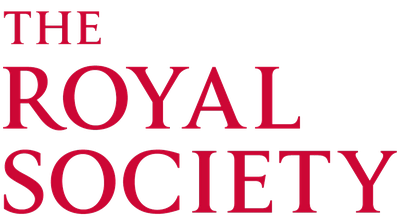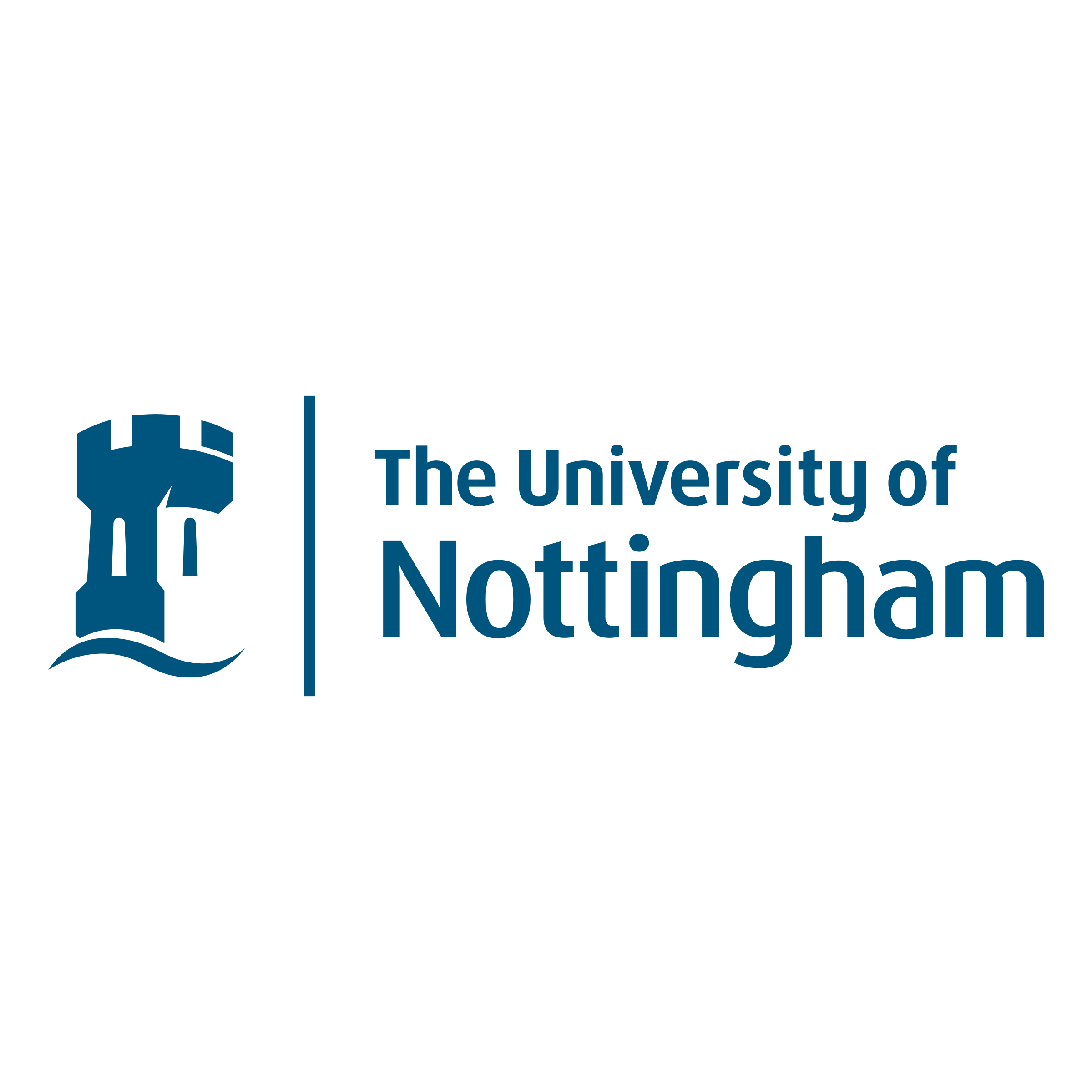Free Library of Philadelphia The Rosenbach MS 1004/29, Almanack, 8 D
Ancientbiotics started simply as a discussion over coffee. There is an urgent need for the development of new microbials to fight bacterial infections, which have now become resistant to modern antibiotics. Antimicrobial resistance (AMR) now poses a serious threat to our health, especially to those of us with suppressed immune systems.
Trying to find solutions can be like looking for a needle in a haystack, and so we ponder - would remedies considered 'effective' in the past have anything to offer us in the present?
Ancientbiotics therefore works to quite literally 'Unlock the Medieval Medicine Cabinet' - we wish to explore the miraculous remedies of the past in order to combat modern ailments. Medicine and Medical thinking was very different in the past, and is not to be confused with modern, clinical approaches. Yet, despite popular belief, people did care about the sick at all times throughout human history.
Our cross-disciplinary team of historians, medievalists, biologists and more therefore work to uncover these remedies, using ancient and medieval works (up to c. 1700s) combined with laboratory scientific analyses. This should not be confused with alternative medicine and should not be attempted at home.
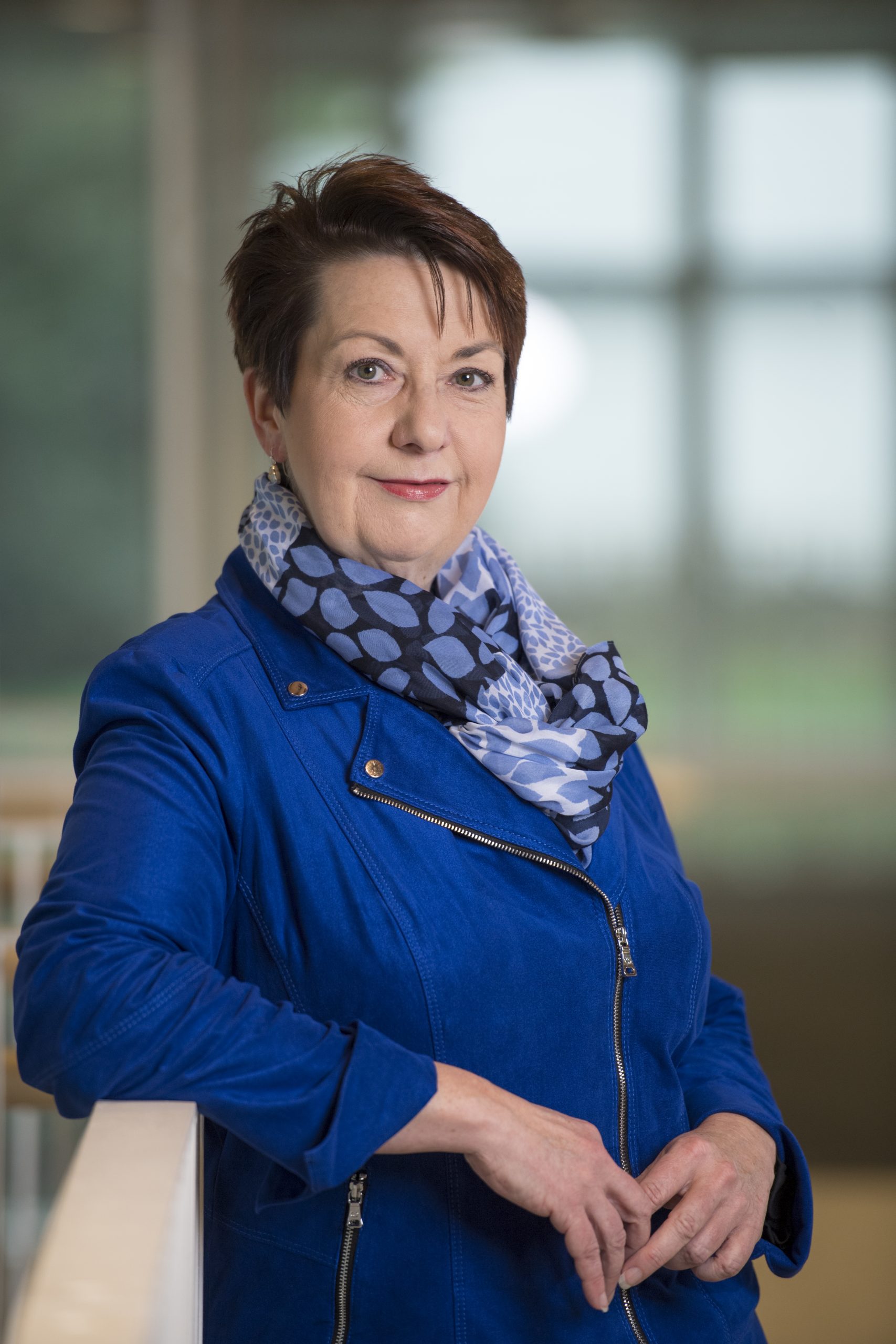 Associate Professor, School of English, University of Nottingham
Associate Professor, School of English, University of Nottingham
Dr. Lee is one of the founding members of the Ancientbiotics team. Her research interests are in the experience of illness and impairment in Early Medieval England and Scandinavia.
For a list of publications, click here.
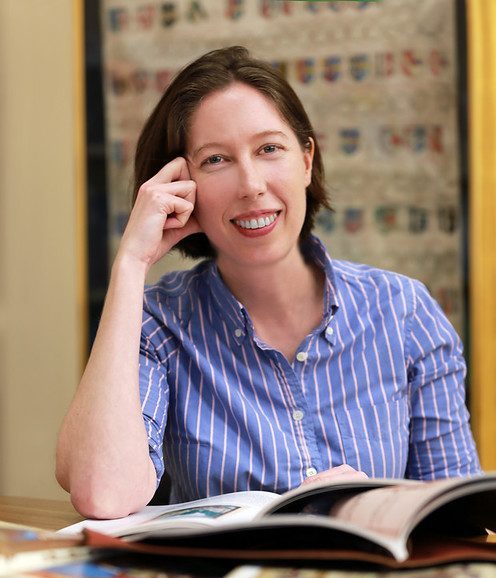 Assistant Professor, School of Life Sciences, University of Warwick (supported by UKRI FLF)
Assistant Professor, School of Life Sciences, University of Warwick (supported by UKRI FLF)
Dr Connelly currently is working on a UK Research and Innovation Future Leaders Fellowship, hosted by the University of Warwick, to explore questions of ethnopharmacology and the antimicrobial efficacy of ingredients from historical and traditional medical sources. The research involves quantitative analyses of historical recipes in surviving medical books, and empirical tests of the antimicrobial activity of remedies inspired by historical combinations.
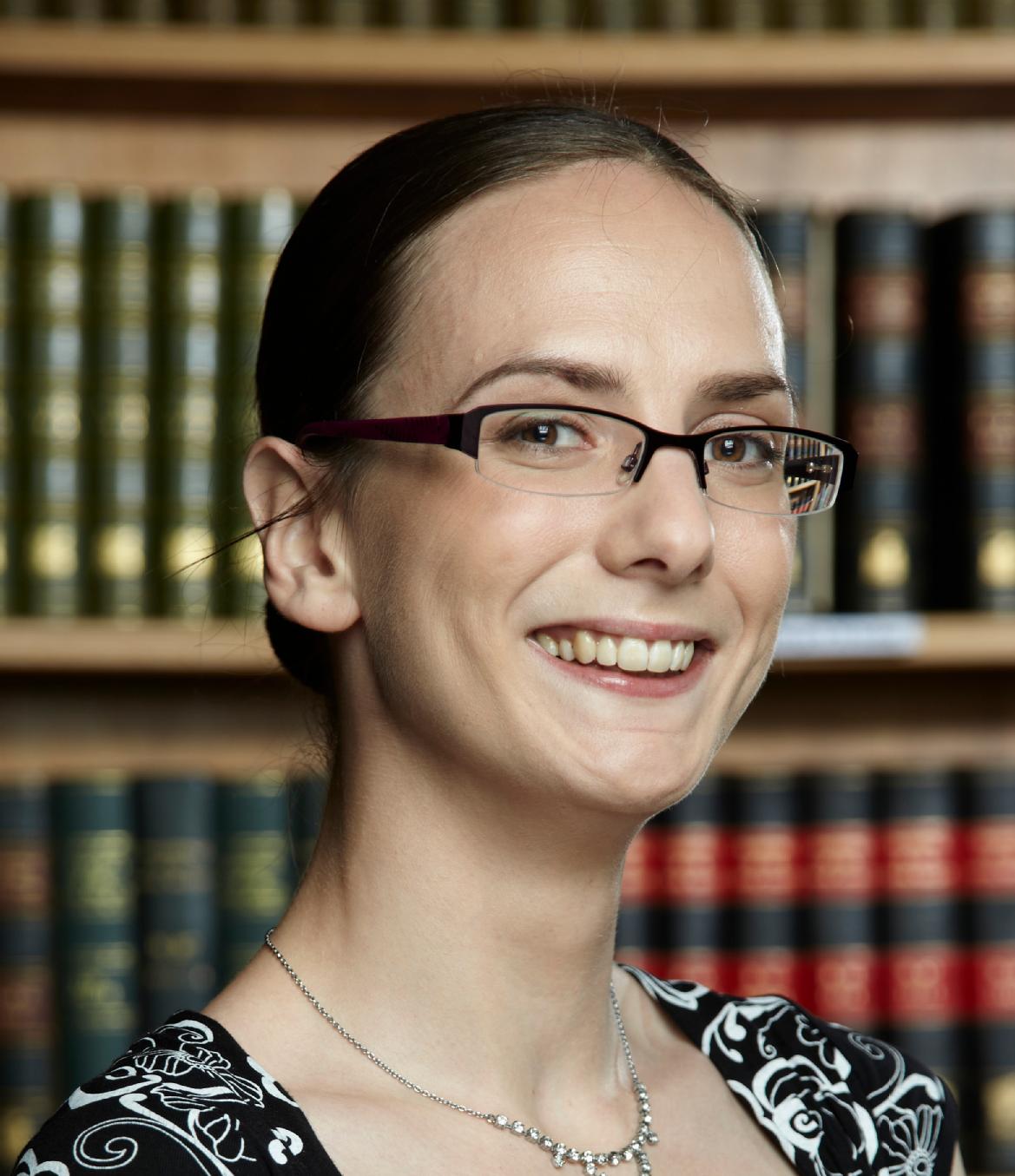 Reader, School of Life Sciences, University of Warwick
Reader, School of Life Sciences, University of Warwick
I research how bacterial pathogens cause chronic, antibiotic-resistant infections, especially in the long-lived lung infections that affect people with the genetic disorder cystic fibrosis. I am also a founding member of the interdisciplinary Ancientbiotics consortium, which seeks to identify, reconstruct and test infection remedies from medieval medical books in the hope of finding new agents to treat antibiotic-resistant infections. You can find out more about my team and our work on our research website.
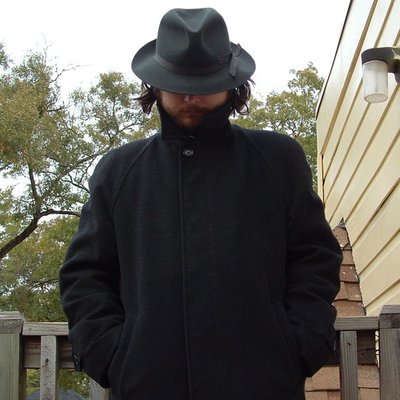
Senior Lecturer in Statistical Physics, Centre for Fluid and Complex Systems, Coventry University
My research interests are network science, applied graph theory, algorithms, computational mathematics, molecular dynamics, statistical mechanics, and mathematical biology.
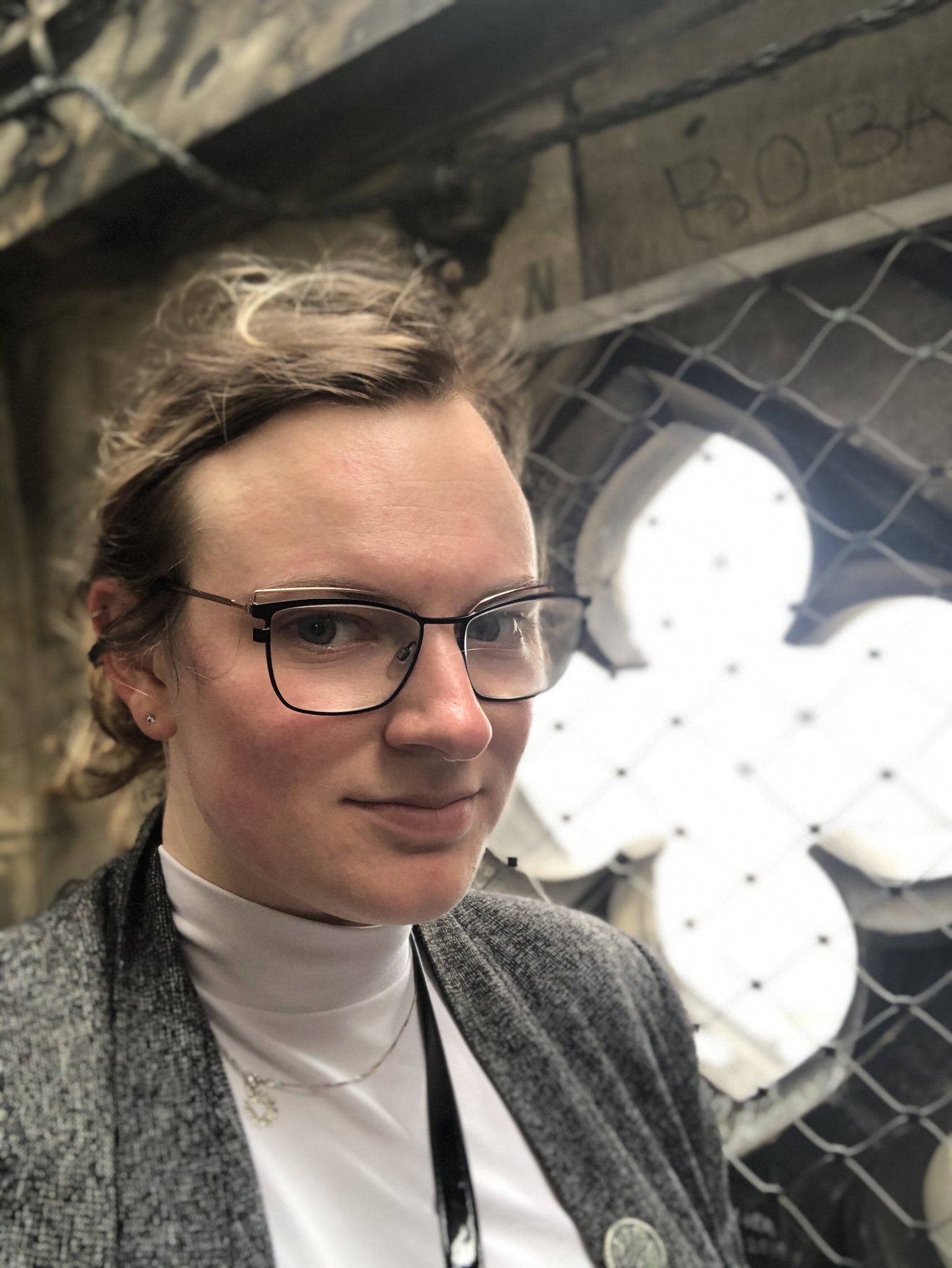
PhD Candidate, School of English, University of Nottingham
I am researching social networks in medieval Iceland. I developed the network graphs for the ‘Nettles’ project.
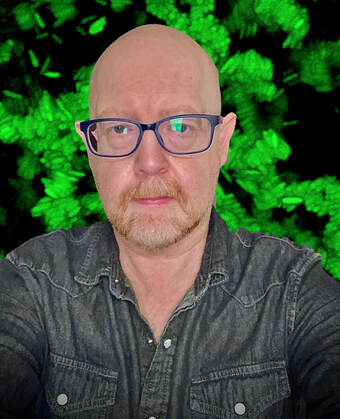
Associate Professor, School of Biological Sciences, Georgia Tech (U.S.A)
I am interested in cooperation and communication in microbes and how these are related to virulence, biofilms, and antimicrobial resistance. I have a long standing interest in understanding how the opportunistic pathogen Pseudomonas aeruginosa causes disease and am especially interested in how this organism evolves during chronic infections such as those found in cystic fibrosis lungs and chronic wounds.
Group Website: The Diggle Lab
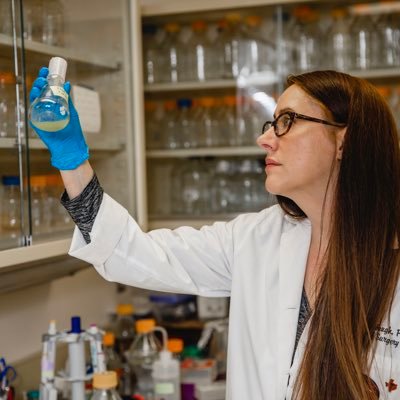
Professor, Department of Surgery, Texas Tech University Health Sciences Center (U.S.A)
Professor Rumbaugh is a microbiologist interested in polymicrobial interactions, biofilms and wound infections.
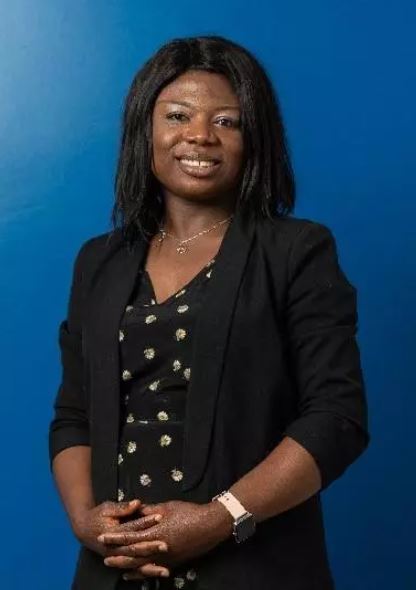
Assistant Professor at the American University of the Caribbean School of Medicine, UK Track, University of Central Lancashire
My contribution involved testing ‘Bald’s Eyesalve’ against single and mixed pathogenic bacterial species and assessing the safety using human cell lines (HaCaT and THP-1 cells).
For more information about my research please check out my AUC or LinkedIn pages.
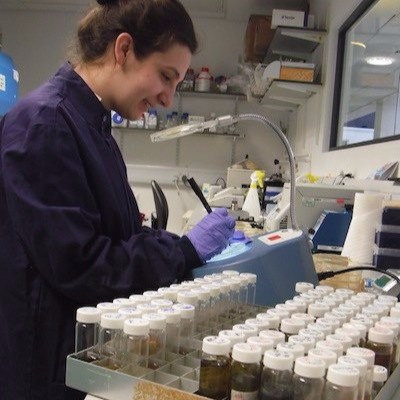
Early Career Fellow, School of Life Sciences, University of Warwick & UKHSA
Jess was a PhD candidate at the University of Warwick, supervised by Freya Harrison. She has made major contributions to both the ‘Nettles’ and ‘Bald’s Eyesalve’ projects. She was awarded with a PhD in Interdisciplinary Biomedical Research in 2022.
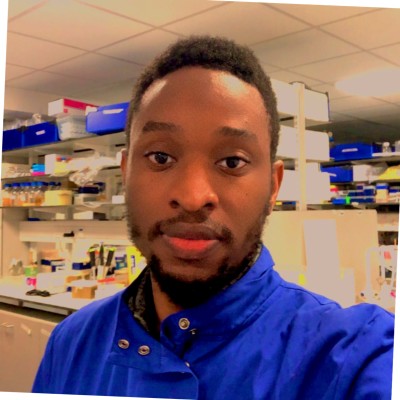 PhD Student, School of Life Sciences, University of Warwick
PhD Student, School of Life Sciences, University of Warwick
Research interest in antibiotic resistance, microbial genetics, bioinformatics and antimicrobial agents. Oluwatosin has taken over the research Dr. Furner-Pardoe was working on under Dr. Harrison.
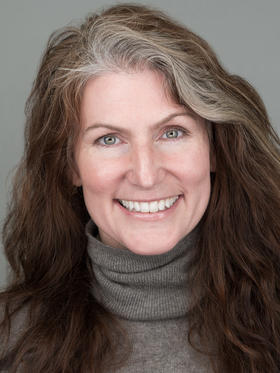
Post Doctoral Researcher, Liverpool School of Tropical Medicine
For more information, please see Dr. Haines’ Research Website
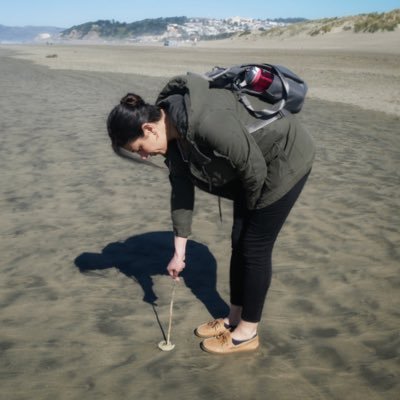
Cystic Fibrous Foundation Fellow, Diggle Lab, Center for Microbial Dynamics and Infection, Georgia Tech (U.S.A)
My work with the Ancientbiotics team was focused on determining the level of cytotoxicity of ‘Bald’s Eyesalve’ on human skin. We used an in vitro infection model of immortalized keratinocytes (the progenitor cells of the skin layer). We then assessed the cell death rate after treatment with ‘Bald’s Eyesalve’.
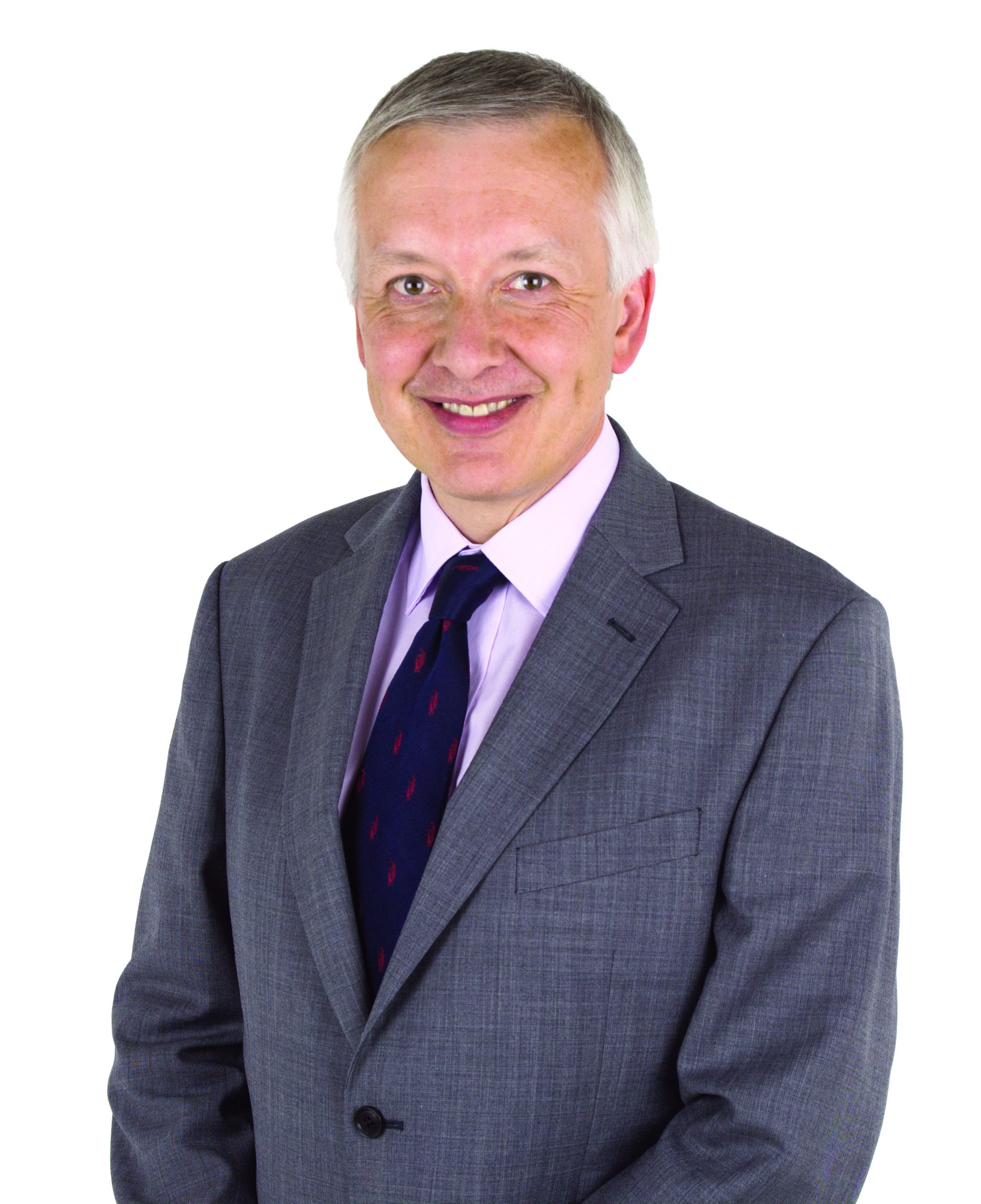
Nick is a retired GP, public health physician and Honorary Senior Lecturer at the Hull-York Medical School. Nick trained in medicine at Oxford and, in 2002, he was awarded a doctorate (DM) for his original research into early diagnosis.
Nick has published and lectured widely on both medical and ancient medical topics. In 2007 he wrote a short booklet entitled `Medicine and Health Care in Roman Britain` and, in 2021 `Greco-Roman Medicine and What It Can Teach Us Today`. He is particularly interested in studying the interface between ancient and modern medicine including work on the effectiveness of Roman pharmaceutical remedies. He is also a part-time humanities doctoral student at the University of Durham (medical philosophy and medical history) undertaking research into the retrospective diagnosis of historical figures.
Professor, Warwick Clinical Trials Unit, University of Warwick
Julie’s interests relate to clinical trials and surgical epidemiology. Her main interests are surgery, pain and rehabilitation.
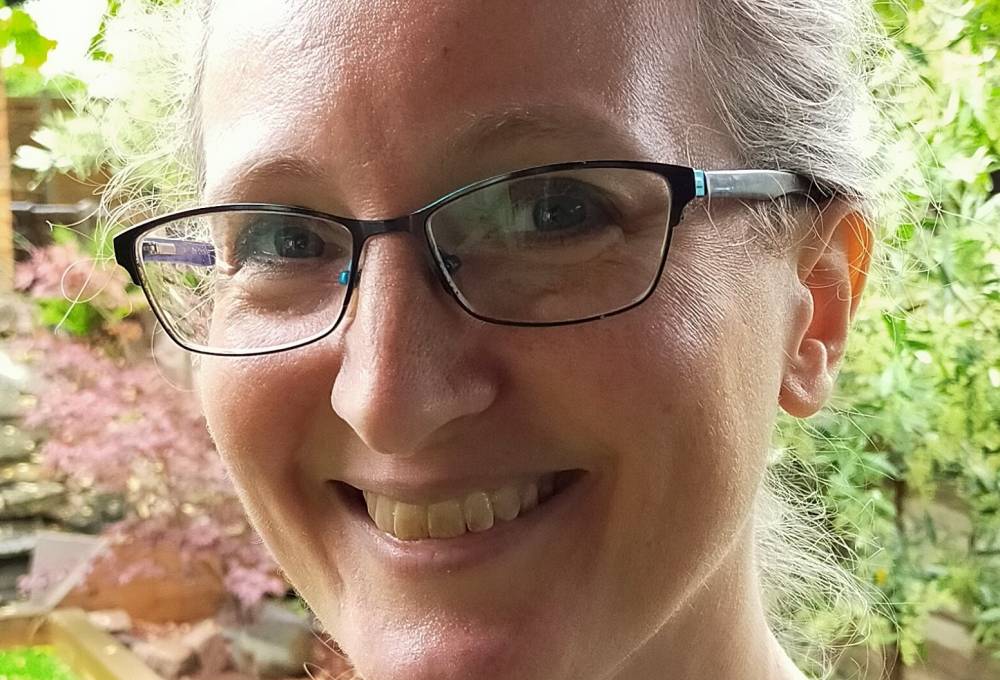
Professor, School of Life Sciences, Pharmacy and Chemistry, Kingston University London
My research focuses on two main areas: combating antibiotic resistant infections and bacterial genetics and genomics. I have developed, with my research team, novel antimicrobials to stop infant blindness from multi-drug resistant bacterial infections.
